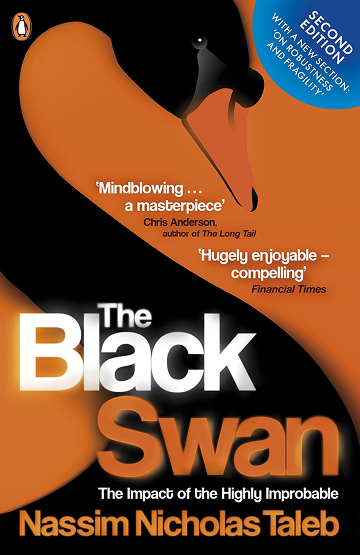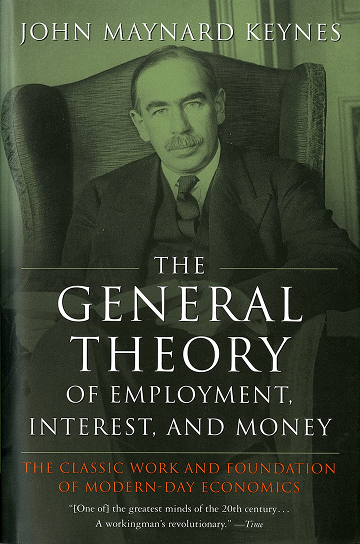Prajogo Pangestu Net Worth, Biography and Key Insights



Prajogo Pangestu’s Profile Summary
|
Company
|
Barito Pacific Group |
|---|---|
|
Position
|
Chairman |
|
Source of wealth
|
Petrochemicals, Renewable Energy, Forestry |
|
Also known as
|
Lone Wolf |
|
Age
|
81 |
|
Education
|
High school graduate |
|
Citizenship
|
Indonesia |
|
Residence
|
Jakarta, Indonesia |
|
Family
|
Married, three children |
|
Website, Social Media
|
No info |
Prajogo Pangestu’s biography
Prajogo Pangestu is an Indonesian billionaire businessman and founder of Barito Pacific Group, a leading conglomerate with interests in petrochemicals, forestry, and renewable energy. He was born on May 13, 1944, in Bangka Island, Indonesia, to a family of Chinese descent. Prajogo began his career in timber trading in the 1970s, working under Tjia Kian Liong, a prominent businessman. In 1977, he established PT Barito Pacific Timber, which later became one of Indonesia’s largest timber companies.In the 1990s, Prajogo diversified Barito Pacific’s operations beyond timber into petrochemicals by acquiring PT Chandra Asri, now Indonesia's largest petrochemical producer. His decision to invest heavily in petrochemical production was driven by the growing demand for plastics and chemicals in Southeast Asia.
Today, Barito Pacific operates across sectors, including geothermal energy, rubber plantations, and real estate. One of the company's key projects is Star Energy, the largest geothermal energy producer in Indonesia.
Despite facing financial challenges during the Asian financial crisis in the late 1990s, Prajogo rebuilt his empire by focusing on sustainable energy and industrial growth. As of 2025, he remains the chairman of Barito Pacific and a major player in Indonesia’s economy, with a net worth of over $6 billion.
-
How did Prajogo Pangestu make money?
Prajogo Pangestu’s wealth is primarily derived from his investments in petrochemicals and renewable energy. He began his career in timber trading, working as a timber contractor in West Kalimantan. In 1977, he founded PT Barito Pacific Timber, which became one of the largest timber companies in Indonesia, benefiting from the booming forestry sector in the 1980s.
Recognizing the growing demand for industrial chemicals, Prajogo expanded into petrochemicals in 1991 by acquiring PT Chandra Asri Petrochemical, Indonesia’s largest producer of polyethylene and polypropylene. The company supplies plastic raw materials to both domestic and international markets.
In 2007, he took a major step into renewable energy by acquiring Star Energy, which operates geothermal power plants across Java and Sumatra. The acquisition made Barito Pacific a leader in sustainable energy in Southeast Asia. Today, Star Energy produces 875 megawatts of geothermal power, supporting Indonesia’s clean energy transition.
Prajogo’s business empire also includes investments in rubber plantations, chemical trading, and real estate development. His ability to adapt to market trends and invest in long-term growth industries has been a key factor in his success.
Despite economic crises and political challenges, Prajogo continues to diversify his portfolio, focusing on sustainability and industrial growth. His company is now a major contributor to Indonesia’s energy and chemical industries, with a growing presence in Asia-Pacific markets. -
What is Prajogo Pangestu net worth?
As of 2025, Prajogo Pangestu’s net worth is estimated to be $26.6 B.
What is Prajogo Pangestu also known as?
Prajogo Pangestu is often referred to as the “Lone Wolf” due to his private lifestyle and independent business strategy. He has remained largely out of the public eye, focusing on long-term investments in industrial sectors that drive Indonesia’s economy.Prominent achievements of Prajogo Pangestu
Prajogo transformed Barito Pacific from a timber company into a multinational conglomerate. His acquisition of Star Energy made him a pioneer in Indonesia’s geothermal energy sector, contributing to the country’s clean energy goals.What are Prajogo Pangestu’s key insights?
Prajogo believes in long-term growth and diversification across industries. His approach focuses on investing in sustainable sectors, particularly renewable energy, to future-proof his business empire.
Prajogo Pangestu’s personal life
Prajogo Pangestu is married with three children, who are actively involved in the family business operations. His son, Jackson Pangestu, plays a key role in Barito Pacific’s management, particularly in renewable energy projects.
Useful insights
Understanding market forces
In my experience, to truly succeed as an investor, it’s essential to understand the driving forces behind market behavior. Market movements aren’t random—they’re influenced by a range of economic theories and dynamics. The following books provide valuable insights into these forces, offering a deeper understanding of how global financial markets operate and what shapes their trends.
-
Nassim Nicholas Taleb – "The Black Swan"

-
Summary:
Taleb explores the concept of rare, unpredictable events—so-called "Black Swans"—that can have massive impacts on markets and society. These events are often overlooked by traditional risk management models, leading to devastating consequences when they occur. Taleb illustrates how these unpredictable shocks shape our world, often more than gradual, expected changes.
-
Why read it:
This book challenges conventional thinking about risk and uncertainty, showing that many major historical and financial events were "Black Swans." It's a vital read for investors who want to build resilience in the face of market volatility.
-
-
John Maynard Keynes – "The General Theory of Employment, Interest, and Money"

-
Summary:
Keynes revolutionized economics by focusing on total demand within an economy and its effect on output and inflation. His theory suggested that government intervention could stabilize economic cycles through fiscal and monetary policy. The book also explains the consequences of under-consumption and the role of interest rates in managing economic stability.
-
Why read it:
For investors interested in macroeconomic trends and policy impacts, Keynes’ work is essential. Understanding the Keynesian framework can help investors predict how government actions might influence market performance.
-
Other profiles in category
Popular Financial Guides
Latest Financial News

EUR/USD price struggles near $1.167 as CPI and tariff concerns weigh on sentiment

Nvidia stock dips to $164 as AI rally cools after Huang $4T milestone remarks































































































































